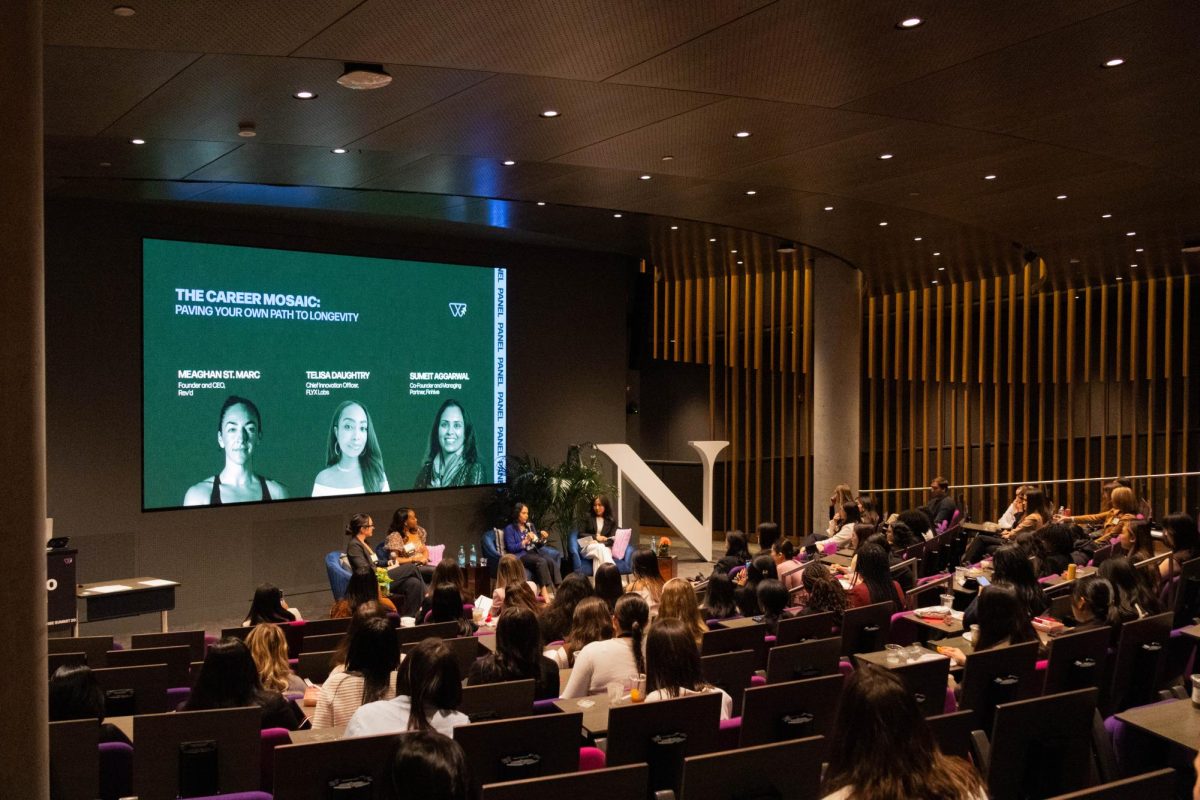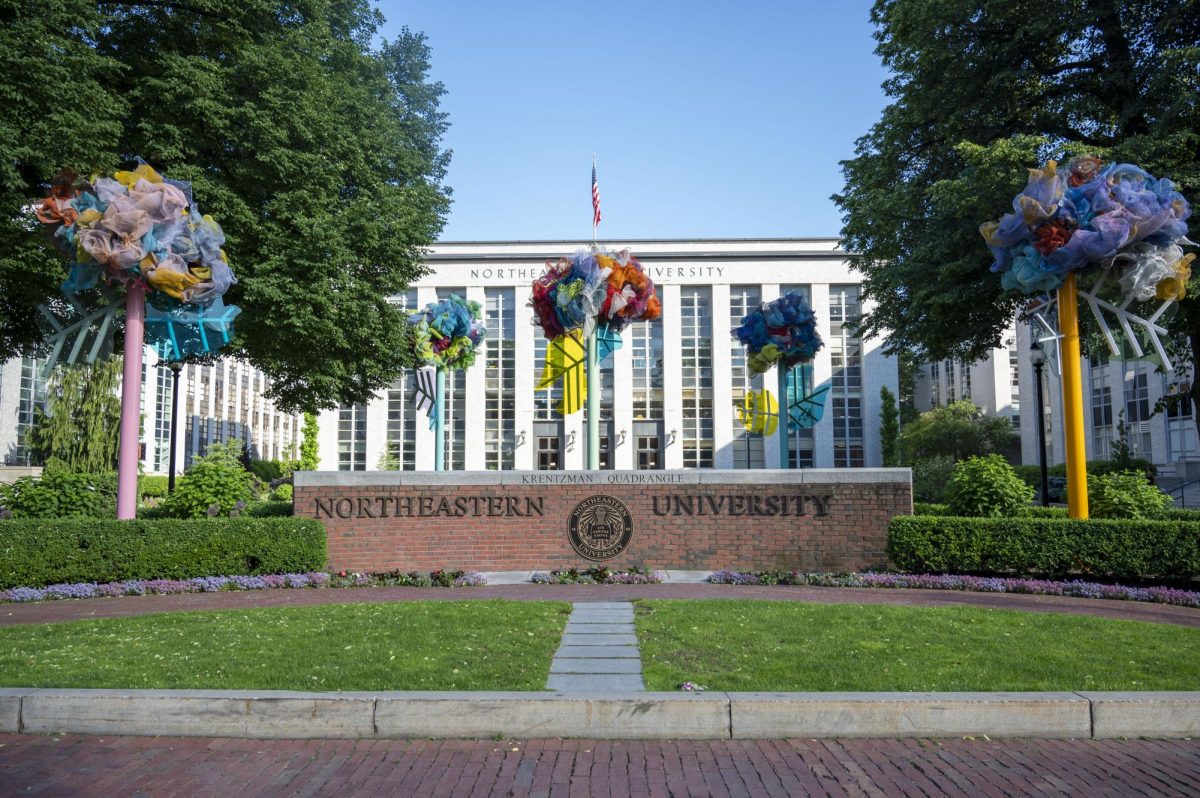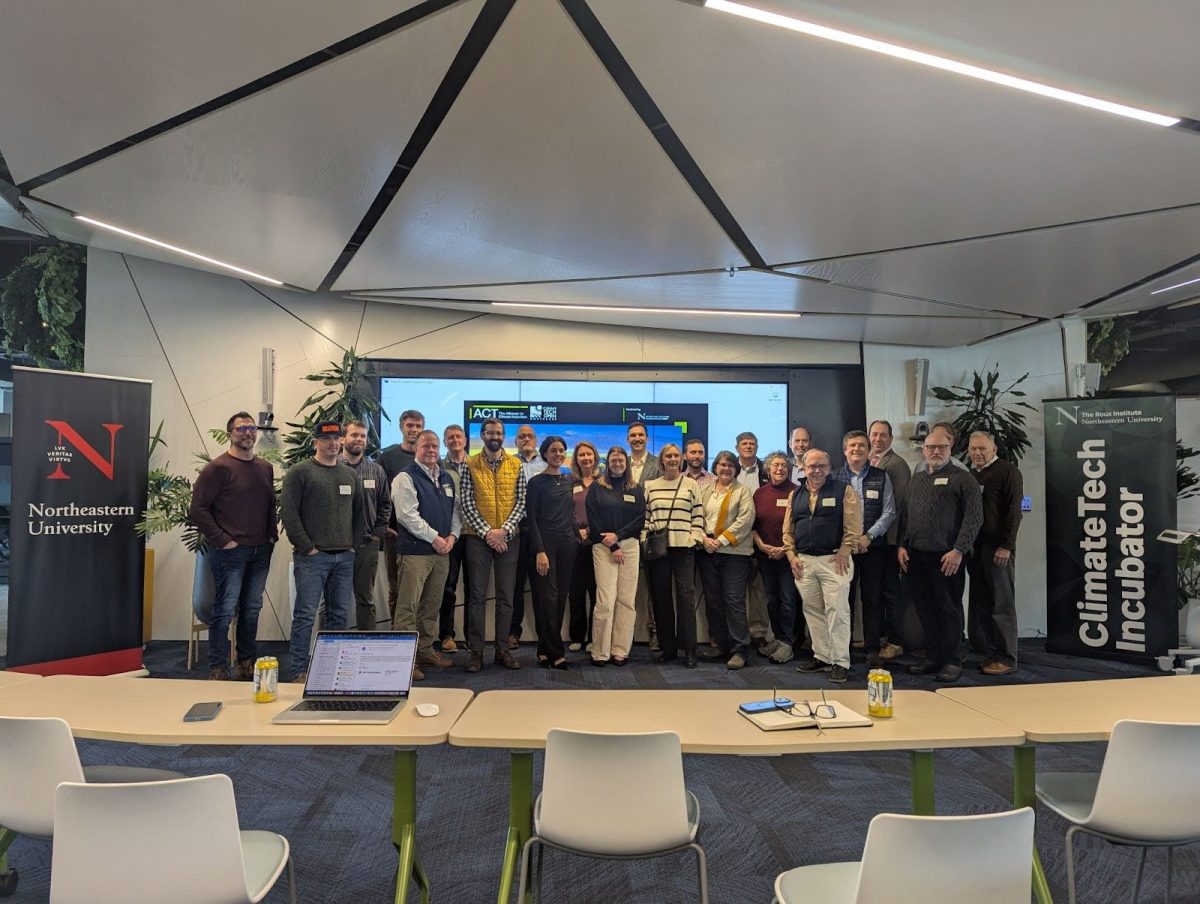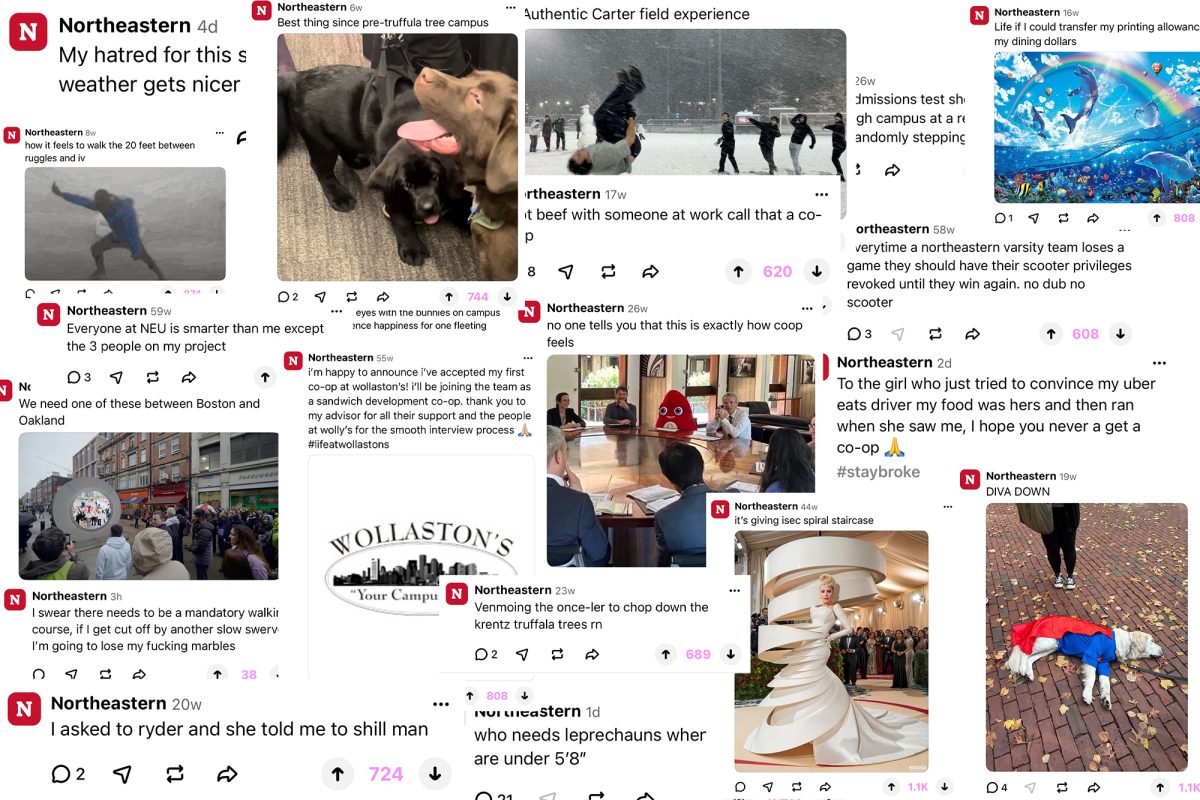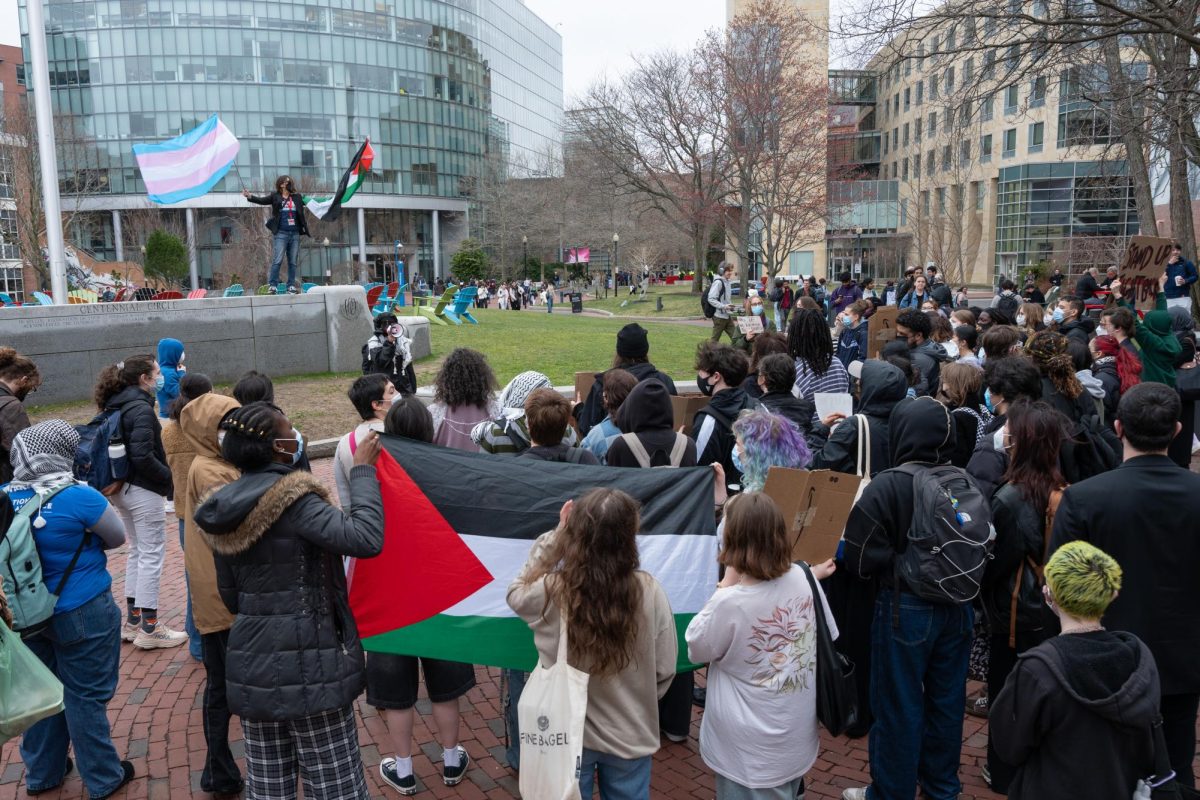Engineering voices dissent
By Zack Sampson, News Staff
Northeastern’s Faculty Senate members voted Wednesday in favor of cutting activities periods by a vote of 30-2, with one abstention.
The resolution details a plan to replace free periods Wednesdays and Thursdays with a new course sequence. This change will support an additional 226 class sections. It must now be approved by the provost and the president before implementation.
The Student Government Association (SGA) supported the proposal last month 36-12-24 in an online vote.
The initiative is intended to alleviate stress on classroom space at Northeastern. According to a university presentation for SGA executive board members last year, Northeastern’s classrooms are 89 percent full on average.
“Having the possibility to create 220 or more sections, I think is needed,” Faculty Senate Chair Louis Kruger said. “There’s an obvious classroom crunch, space problem.”
Supporters of the proposal believe the added course sequence will have a positive short-term effect.
“It’s something that can fix our problems for the next few years for sure,” SGA Vice President for Student Involvement Mallory Brown said Dec. 6.
Some believe physical expansion is the only long-term solution to the university’s space problem.
“As the provost indicated, long-term, it’s also important to expand the number of classrooms available,” Kruger said.
Provost Stephen Director could not be reached for comment.
Though the motion passed easily, the vote was preceded by some deliberation.
“We had a good debate about the issue, both the pros and the cons, possible solutions were discussed,” Kruger said.
One area of concern was the ability of professors to attend Faculty Senate meetings. The assemblies are currently scheduled during activities periods on Wednesdays and will continue to be scheduled for this time next year.
Kruger said a provision was included within the initial resolution to address this potential problem.
“It concerned the Faculty Senate and making sure that faculty would be able to continue to attend senate meetings if they were senators,” he said.
Another concern involved the ability of student groups currently meeting during the activities period to continue gathering without designated free time. A different provision was included for this issue, Kruger said.
“One of those [provisions] is to … ensure or provide support so that the groups that are meeting during those times will be able to continue to meet during those times.”
Some Senators questioned the effectiveness of this particular stipulation.
Stefano Basagni, associate professor of Electrical and Computer Engineering, said a majority of the engineering department were not supportive of eliminating activities periods.
“I understand the concerns of the university,” he said. “I am supportive of finding … a better class occupancy, but … I had to vote against [it].”
Particularly, he and his colleagues were most concerned with the proposal’s impact on student involvement in the College of Engineering.
“One way we retain freshmen especially is to have them involved since the very first year … into various student groups,” Basagni said. “Endangering these activities periods and meetings … [may] have a detrimental effect on retention that for engineering is essential.”
Some students are also concerned that the change will negatively affect their extracurricular involvement.
“The professional societies that go on for all the different engineering concentrations, like civil, are during that period … and it’s like a good break to the day, and it’s something that I can put on my resume, like I just can’t go through that day without that,” first-year engineering major Kayla Arruda said.
“Maybe, mathematically, the couple hours a week will make the difference, but I think that’s taking away a lot,” third-year architecture major Eddie Kim said.
Others view club gatherings as a non-issue because Registrar Linda Allen is expected to work with student groups to ensure continued meeting time.
“She didn’t make a commitment, but I think she’s going to work as hard as she can with groups to enable those groups to continue to have meeting times,” Kruger said.
Allen could not be reached for comment.
A number of students see activities period not as an opportunity for club gatherings, but also as a free time for leisure. First-year chemical engineering major Joe DePeter said activities period is a good “time [for] people get to get lunch, to take a break between classes.”
Students who share DePeter’s view are worried about having classes during these times.
“It makes it not possible to wake up at 8 a.m. and go back to your room at 5:40 p.m.,” said Scott Eaton, a first-year electrical engineering major. “Without activities period, I think that would entirely be a feasible schedule.”




